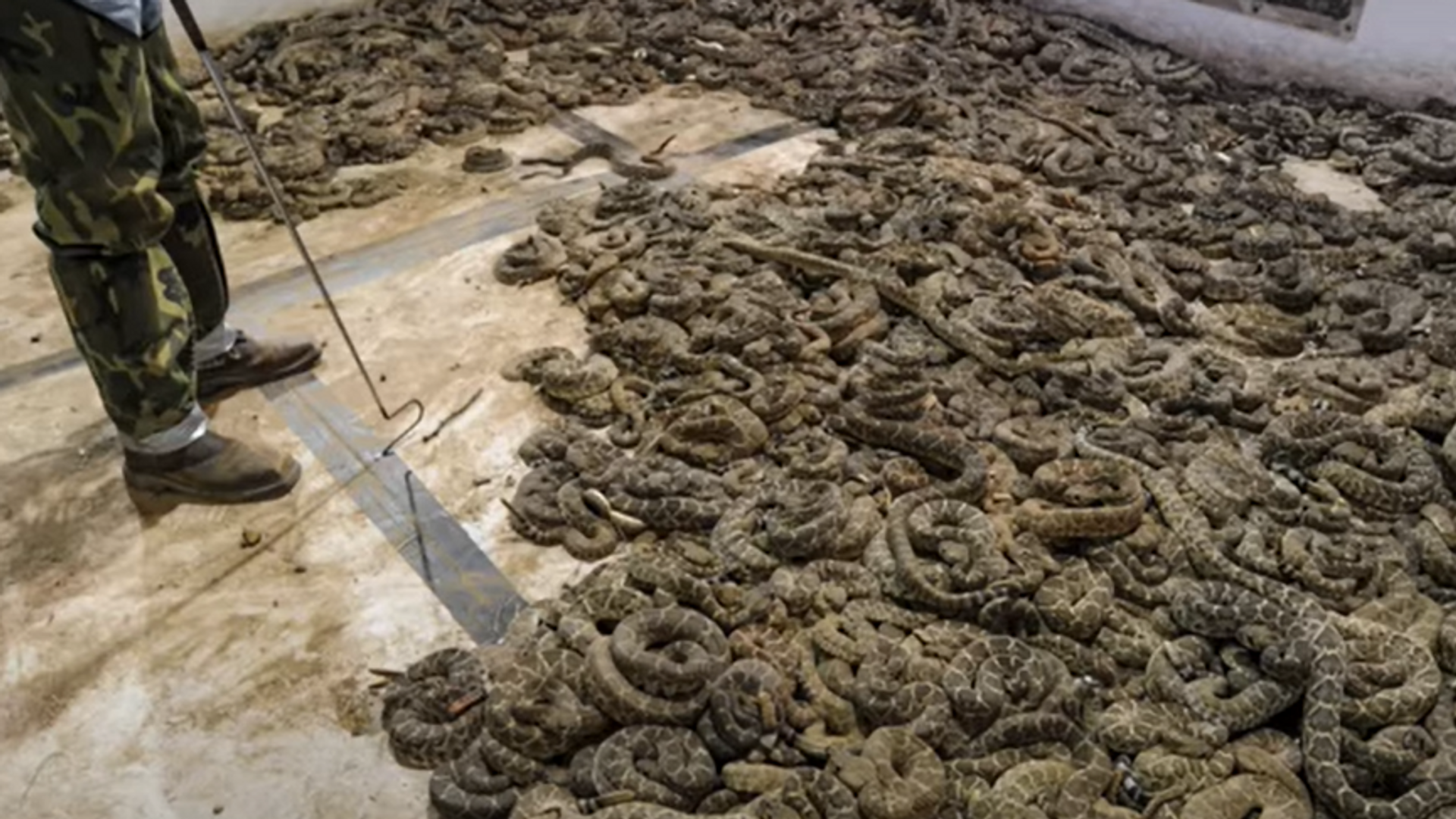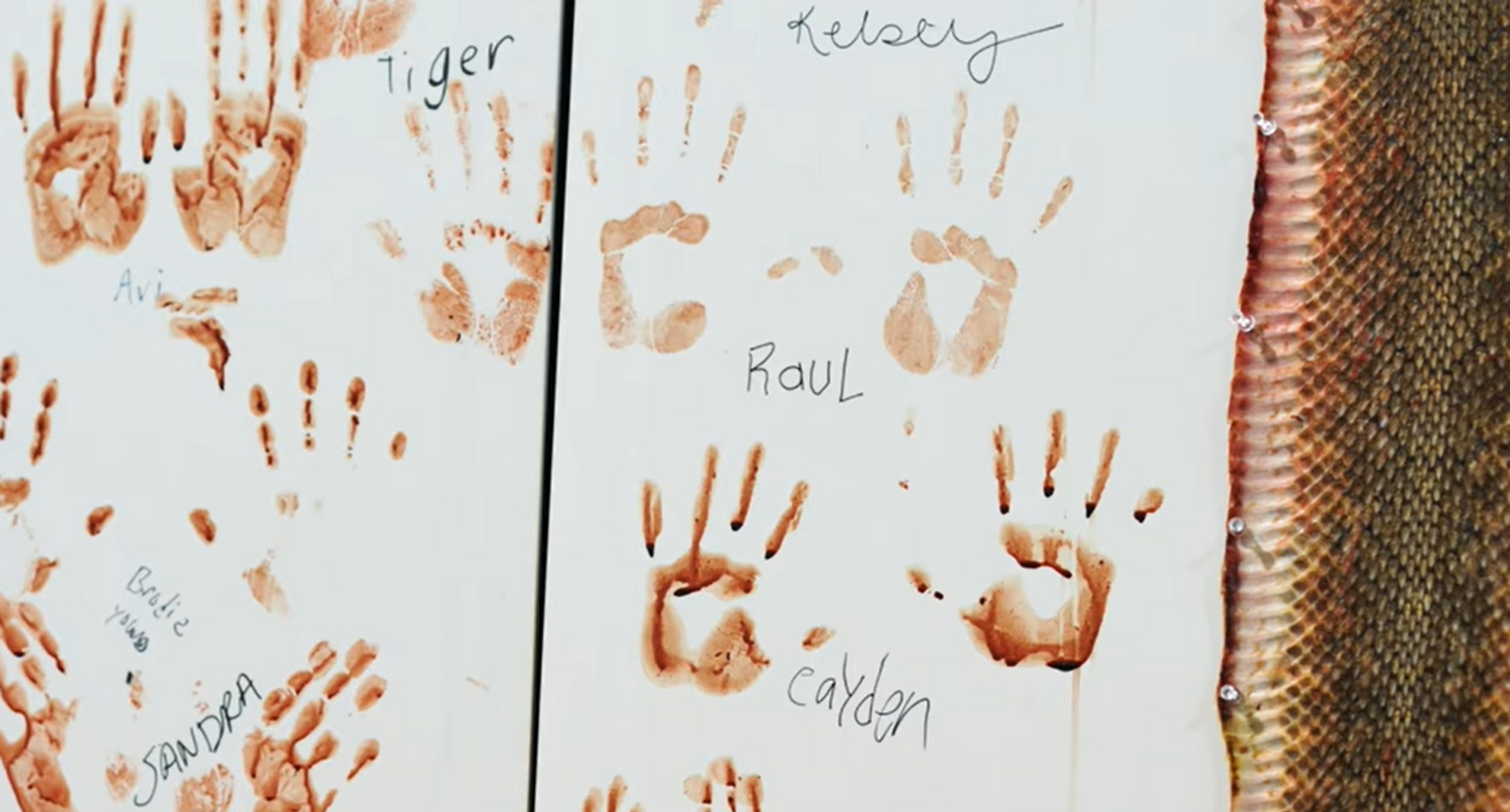'Puts Us On the Map': Texas Rattlesnake Festival Remains Despite Backlash From Animal Rights Groups
23:08 GMT 11.03.2022 (Updated: 05:35 GMT 30.04.2023)
Subscribe
Sweetwater’s bloody rattlesnake roundup is a decades-old tradition that some Texans are unlikely to abandon. But with other rattlesnake roundups in the United States turning away from decapitating, skinning, and butchering the animals, to leave the innocent reptiles untouched for humane educational purposes, why can’t Texas?
What is advertised as the “World’s Largest Rattlesnake Roundup” draws about 25,000 visitors annually to the town of Sweetwater, a community in Texas made up of a little over 10,000 people. For Sweetwater, the festival brings in a reported $8.3 million for the town. That’s a price tag that’s hard to ignore, even if it means death to thousands of animals.
“This does put us on the map. What it does for our community is give us a sense of place,” said Kareen Hunt, director of the Sweetwater and Nolan county Chamber of Commerce. Hunt says she gets calls from tourists in Europe who wish to attend the murderous event.
But the festival’s dark underbelly has drawn criticism from animal rights groups and many others who see the treatment of the animals as cruel and inhumane. Every March, tens of thousands of snakes are driven out of their dens in the wild through the use of gasoline being poured into the ground, making the burrow uninhabitable. From that point, any wildlife which isn’t being hunted, enjoys the pollution of the surrounding land and water which affects over 350 wildlife species.
Among the critics of the Texas festival is the nonprofit Advocates for Snake Preservation (ASP), which calls for the conservation and education of snakes. "Negative attitudes about snakes may be the biggest barrier to their conservation – it is difficult to gain public support when you aren’t perceived as cute and cuddly," the group writes.
The group has condemned rattlesnake roundups as unjustified and lacking critical science to back up any false claims made about population control.
“Roundups promote overexploitation of natural populations of wildlife, unnecessary killing and inhumane treatment of individual animals, degradation of habitat, and promotion of outdated attitudes toward important elements of America’s natural heritage. Found nowhere but in the Americas, and especially diverse in the United States, the more than thirty species of rattlesnakes comprise a distinctive component of North America’s biodiversity, and one that is increasingly imperiled," condemned the American Society of Ichthyologists and Herpetologists (ASIH), a group which is dedicated to the study of fish, amphibians, and reptiles.
Proponents of the event, held annually since 1958, claim that killing snakes helps with population density, and that their venom is harvested for anti-venom treatments. But activists note that the snake population is already maintained by natural predators, prey abundance, and disease. Taking the animals out of the local ecosystem can result in an explosion of the rat and rodent populations, which carry many diseases.
Additionally, venom used in the production of anti-venom is already collected from captive colonies of rattlesnakes by companies like BTG International, which is responsible for making CroFab, the only FDA-approved anti-venom available, and Red Rock Biologics, which manufactures a vaccine for dogs and horses.
Rattlesnake killing roundups are not approved by the FDA, and subsequently any venom collected at these events cannot be used in the production of any FDA-approved anti-venom treatment.
The Sweetwater annual roundup is reportedly a bloodbath. Prior to the event, snakes are loaded into crowded and confined spaces where they are heard rattling. Western diamondbacks are taken and shot in the head with a bolt gun, before being decapitated, skinned and gutted. As snake brain tissue does not succumb to the cessation of blood supply and oxygen - like other creatures - the reptiles remain fully conscious throughout the killings.
Once skinned, their bodies, regularly continue to writhe, removed hearts continue beating, and decapitated heads continue to gasp for air.
“We’ve had it beat for up to an hour,” gushed one event-goer at a Sweetwater roundup in 2017, in response to watching a dismembered snake heart resting on a butchering table.
Festival goers press bloody handprints on walls of the facility, signing a handprint with their name. Children are encouraged to hold bloody and decapitated bodies.
The state of Georgia replaced its own rattlesnake roundup with a festival deemed cruelty-free by wildlife experts. The Whigham Rattlesnake Roundup held its first humane event earlier this month, choosing to educate the public about the eastern diamondback rattlesnake, which has lost 97% of its natural ecosystem, and is not protected by the states in which it lives, including South Carolina, Georgia, Florida, Mississippi, Alabama or Louisiana.
“We’re delighted that Whigham’s event now celebrates these awe-inspiring snakes and recognizes the importance of respecting and protecting them,” said Elise Bennett, an attorney at the Center for Biological Diversity.
“Whigham’s new vision emphasizes how cruel and antiquated the few remaining roundups are, including the largest one left, in Sweetwater, Texas. It also shows that it's possible to have a change of heart and make compassionate changes for these really misunderstood animals,” noted Bennett.
Let's stay in touch no matter what! Follow our Telegram channel to get all the latest news: https://t.me/sputniknewsus


